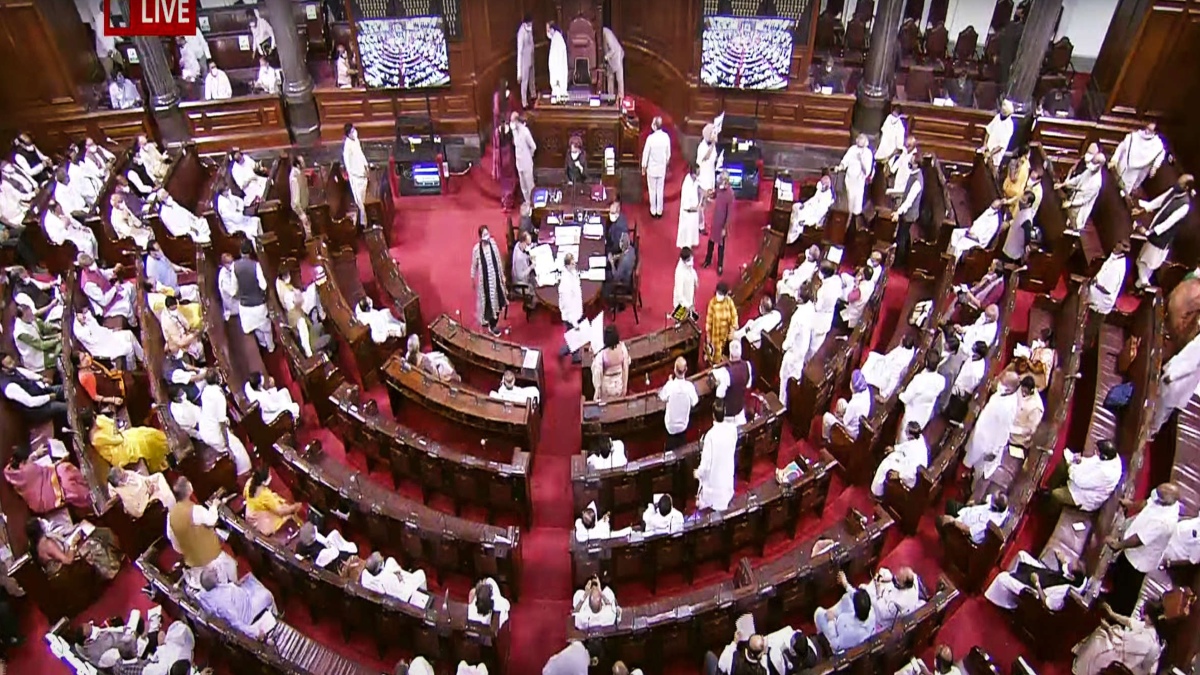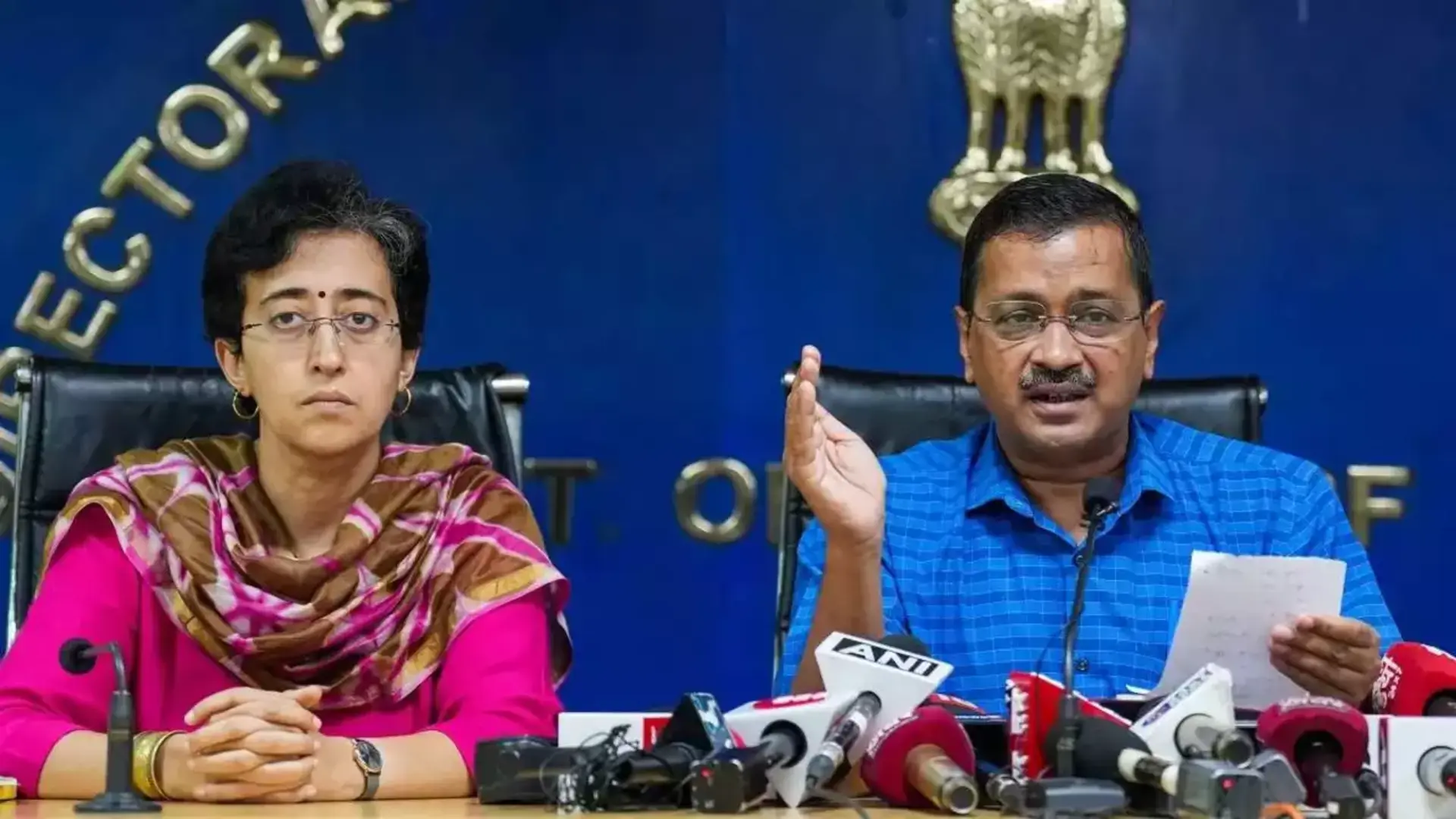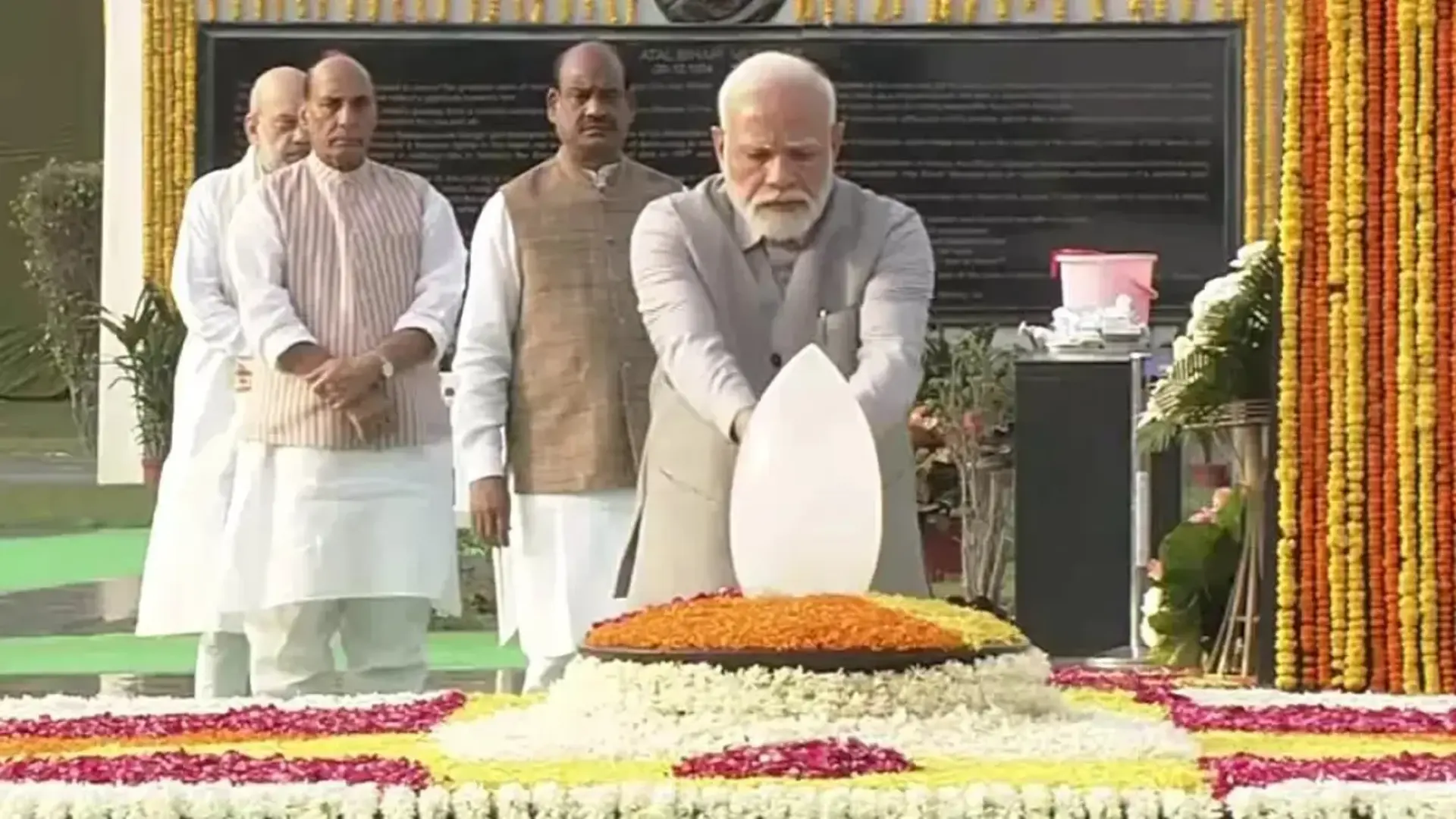The Government has taken several measures to reduce vaccine shortages. This inter-alia include sustained image projection, participation in career fairs and exhibitions and publicity campaigns to create awareness among the youth on the advantages of taking up a challenging and satisfying career. To encourage the youth to join the Armed Forces, motivational lectures are regularly organised in schools/colleges/other educational institutes and National Cadet Corps (NCC) camps. Further, the Government has taken various steps to make the job in the Armed Forces attractive including improvement in promotion prospects in the Armed Forces and to fill up vacancies.



ALTERNATE MEANS OF LIVELIHOOD TO FEMALE OFFICERS LEAVING ARMY
29 Women Officers (WOs), who did not opt for Permanent Commission in the Special Selection Board No. 5 have been released from service. Out of these 29 officers, three WOs were released without pension based on their own option/willingness as these officers had served between 10 to 14 years of service in the Army. Some of the schemes run by the Directorate General of Resettlement (DGR), inter-alia, include placement assistance through online registration at DGR. For example Security Agency Schemes, Ex-servicemen Coal loading and transportation scheme, Management of CNG stations, Allotment of Mother Dairy Milk Booth and Safal shops in NCR, Coal/Tipper Attachment Scheme for Widows and disabled soldiers, Retail outlet dealership (petrol/diesel), employment seminars and resettlement training. Age relaxation has been provided to Ex-Servicemen, including Female Officers for the appointment to all Central Civil Services & Posts up to the level of Assistant Commandant in all Para-Military Forces under the Government of India. Adequate reservation has also been provided to Ex-Servicemen in various categories of posts. Women Officers, who have retired after 20 years of service, have also been granted Pensionary benefits.
STRENGTHENING THE DEFENCE MANUFACTURING SECTOR
DRDO has taken the following measures for strengthening the industry to reduce the timelines from development to induction:
· Accessibility of DRDO Test Facilities to Indian Industry.
· Identification of Development-cum-Production Partner/ Production Agency/ Lead System Integrator (DcPP/ PA/ LSI) for early integration of industry.
· Technology Development Fund (TDF) has been implemented to provide support for the design and development of technologies/ prototypes, indigenisation of imported systems/ components and new systems especially by MSMEs/startups.
· Simpler Transfer of Technology (ToT) Policy to encourage industries
· Free access of DRDO patents to industries
· Identified 108 exclusive systems for development by industry which will not be taken by DRDO
· DRDO is focused to carry out R&D work on critical & advanced technologies that industries cannot do.
Measures proposed to be taken for strengthening the Ordnance Factories and DPSUs to meet countries defence requirements are as follows:
· To carve out a future growth path, a visioning exercise and study has been commissioned for DPSUs for restructuring and reforming them to become cost-competitive and efficient.
· DPSUs have been encouraged to work as aggregators and maximise outsourcing from indigenous sources. Over the last 2 years, the vendor base of DPSUs/OFB has increased substantially from 8000 to 12878 as of 30 June 2021.
· Disinvestment of DPSUs is being pursued.
· Focus on the modernisation of production facilities through higher CAPEX. Further, the following roadmap is being implemented by the OFB/DPSUs for technology modernisation:
· Investing in Industry 4.0 technologies in areas of Manufacturing, Supply Chain and other broader digital transformation initiatives.
· Focusing on emerging areas of Artificial Intelligence, Data Fusion, Web Technologies, Data Analytics, 3D Printing, Networking and Cyber Security. These technologies are now being incorporated into Products and Systems at the design stage itself.
· Change in the traditional ToT based manufacturing approach to a more proactive Co-development and Co-Production approach.
· Increased software-based testing for reducing the time and efforts that go into testing products.
· Promoting IP culture in DPSUs through Mission Raksha Gyan Shakti. So far, 32,799 officers and staff of DPSUs/ OFB/DGQA have been trained in IPRs and 2,417 IPs have been filed and 981 IPs have been granted/registered.
· For 2021-22, the allocation for Domestic procurement has been enhanced compared to previous years and is planned to be about 64.09%, that is Rs 71,438.36 crore of the allocated amount for military modernisation.
· Ministry of Defence has notified two ‘Positive Lists’ for Indigenisation comprising of 209 items on 28 August 2020 and 31 May 2021, respectively, for which there would be an embargo on the import beyond the timeline indicated against them.
· An indigenisation portal namely SRIJAN has been launched in August 2020 for DPSUs/OFB/Services with an industry interface to provide development support to MSMEs/Startups/Industry for import substitution. So far, more than 10,945 Defence items, which were earlier imported, have been displayed on the portal. The private industry has expressed interest in indigenising more than 2400 items.
· To enhance functional autonomy, efficiency and unleash new growth potential and innovation in Ordnance Factories, the Cabinet Committee on Security (CCS) in its meeting held on 29 July 2020 had approved to convert Ordnance Factory Board (OFB), a subordinate office of the Ministry of Defence, into one or more than one 100% Government-owned corporate entities, registered under the Companies Act, 2013. The Cabinet in its meeting held on 16 June 2021, has now, inter-alia, approved to convert the production units of OFB into 7 DPSUs with 41 units.
· The Government has enhanced FDI in Defence Sector up to 74% through the Automatic Route for companies seeking new defence industrial licenses and up to 100% by Government Route. The obligatory government approval for existing FDI approval holders / current defence licensees for change in equity /shareholding pattern up to 49% FDI has been replaced with a mandatory declaration for the same within 30 days of the change of equity/shareholding pattern. These reforms are likely to attract foreign investment in Defence & Aerospace sector.
· Reforms in Offset policy have been included in DAP 2020, higher multipliers have been assigned for Transfer of Technology (ToT) to DPSUs/OFB.
· To promote indigenous design and development of defence equipment ‘Buy {Indian-IDDM (Indigenously Designed, Developed and manufactured)}’ category has been accorded topmost priority for procurement of capital equipment.
· Department of Defence Production has notified 46 items under the latest Public Procurement Order 2017 notified by the Department for Promotion of Industry and Internal Trade (DPIIT), for which there is sufficient local capacity and competition and procurement of these items shall be done from local suppliers only irrespective of the purchase value.
Services are the primary stakeholders in DRDO projects. They are involved right from the conceptualisation of the project through peer reviews, design reviews, that is Annual Joint reviews, Joint reviews, and bi-annual reviews and a three-tier project monitoring mechanism as per DRDO procedure for all Mission Mode (MM) projects undertaken by DRDO. Also, several Collegiate interaction meetings between DRDO and Users are being held for specific requirements/ issues as and when required. Moreover, DRDO, OFB, DPSUs and Armed Forces being part of the same Ministry regularly interact with each other for the design development and production of Defence equipment as per the requirements of Defence Forces.
INDIGENOUSLY MANUFACTURING DEFENCE PRODUCTS
The Government has taken several policy initiatives and reforms to promote indigenisation and self-reliance in defence manufacturing, under Atmanirbhar Bharat Mission in the defence sector. Important policy initiatives are as under:
• Ministry of Defence has notified a ‘First Positive Indigenisation list’ of 101 items on 21 August 2020 and ‘2nd Positive Indigenisation list’ of 108 items on 31 May 2021 for which there would be an embargo on the import beyond the timelines indicated against them. This is a big step to promote indigenisation in the defence sector. This offers a great opportunity to the Indian defence industry to manufacture these items using their own design and development capabilities to meet the requirements of the Indian Armed Forces. These lists include some high technology weapon systems like artillery guns, assault rifles, corvettes, sonar systems, transport aircraft, light combat helicopters (LCHs), radars, wheeled armoured platform, rockets, bombs, armoured command post vehicles, armoured dozor, and many other items to fulfil the needs of our Defence Services.
• SRIJAN portal to promote indigenisation was launched on 14 Aug 2020. As of date 10940 items, which were earlier imported, have been displayed on the portal for indigenisation. The Indian industry has shown interest in the indigenisation of 2880 displayed items so far. DPSUs/OFB interact with these industries to facilitate the indigenisation of the items as per extant procedures.
• 1776 components and spares have been indigenised in the year 2020-21 as a result of efforts of indigenisation by DPSUs, OFB, and SHQs through their own process of indigenisation (In-house, Make-II & Other than Make-II).
• DPP-2016 has been revised as Defence Acquisition Procedure (DAP)-2020, which is driven by the tenets of Defence Reforms announced as part of ‘Aatmanirbhar Bharat Abhiyan’.
• To promote indigenous design and development of defence equipment ‘Buy {Indian-IDDM (Indigenously Designed, Developed and Manufactured)}’ category has been accorded topmost priority for procurement of capital equipment.
• The ‘Make’ Procedure of capital procurement has been simplified. There is a provision for funding up to 70% of development cost by the Government to Indian industry under the Make-I category. In addition, there are specific reservations for MSMEs under the ‘Make’ procedure.
• Procedure for ‘Make-II’ category (Industry funded), introduced in DPP 2016 to encourage indigenous development and manufacture of defence equipment has several industry-friendly provisions such as relaxation of eligibility criterion, minimal documentation, provision for considering proposals suggested by industry/individual etc. So far, 58 projects relating to Army, Navy & Air Force, have been accorded ‘Approval in Principle’.
• The Government of India has enhanced FDI in Defence Sector up to 74% through the Automatic Route and up to 100% by Government Route.
• An innovation ecosystem for Defence titled “Innovations for Defence Excellence (iDEX)” has been launched in April 2018. iDEX is aimed at the creation of an ecosystem to foster innovation and technology development in Defence and Aerospace by engaging Industries including MSMEs, Start-ups, Individual Innovators, R&D institutes and Academia and provide them grants/funding and other support to carry out R&D which has potential for future adoption for Indian defence and aerospace needs.
• Reforms in Offset policy have been included in DAP 2020, with thrust on attracting investment and Transfer of Technology for Defence manufacturing, by assigning higher multipliers to them.
• Government has notified the ‘Strategic Partnership (SP)’ Model in May 2017, which envisages the establishment of long-term strategic partnerships with Indian entities through a transparent and competitive process, wherein they would tie-up with global Original Equipment Manufacturers (OEMs) to seek technology transfers to set up domestic manufacturing infrastructure and supply chains.
• Government has notified a ‘Policy for indigenisation of components and spares used in Defence Platforms’ in March 2019 to create an industry ecosystem that can indigenise the imported components (including alloys, and special materials) and sub-assemblies for defence equipment and platform manufactured in India.
• Government has established two Defence Industrial Corridors, one each in the States of Uttar Pradesh and Tamil Nadu. The investments of Rs 20,000 Crore have been envisaged in Defence corridors of Uttar Pradesh and Tamil Nadu by 2024. So far, investment of approx. Rs 3342 crore have been made in both the corridors by the public as well as private sector companies. Moreover, the respective State Governments have also announced their Aerospace & Defence Policies to attract private players as well as foreign companies including Original Equipment Manufacturers (OEMs) in these two corridors.
• An Inter-Governmental Agreement (IGA) on “Mutual Cooperation in Joint Manufacturing of Spares, Components, Aggregates and other material related to Russian/Soviet Origin Arms and Defence Equipment” was signed in Sep 2019. The objective of the IGA is to enhance the “After Sales Support” and operational availability of Russian origin equipment currently in service in the Indian Armed Forces by organising the production of spares and components in the territory of India by Indian Industry by way of creation of Joint Ventures/Partnership with Russian Original Equipment Manufacturers (OEMs) under the framework of the “Make in India” initiative.
• Defence Products list requiring Industrial Licences has been rationalised and manufacture of most of parts or components does not require Industrial License. The initial validity of the Industrial Licence granted under the IDR Act has been increased from 03 years to 15 years with a provision to further extend it by 03 years on a case-to-case basis.
• Department of Defence Production has notified 46 items under the latest Public Procurement Order 2017 notified by DPIIT, for which there is sufficient local capacity and competition and procurement of these items shall be done from local suppliers only irrespective of the purchase value.
• Defence Investor Cell (DIC) has been created in February 2018 in the Ministry to provide all necessary information including addressing queries related to investment opportunities, procedures and regulatory requirements for investment in the sector. As of date, 1182 queries had been received and addressed by Defence Investor Cell.
• Technology Development Fund (TDF) has been created under DRDO to promote self-reliance in Defence Technology through the participation of Public/Private industries especially MSMEs and startups.
• For the year 2021-22, the allocation for domestic procurement has been enhanced compared to the previous year and is about 64.09% i.e. Rs 71438.36 Crore of the allocated amount for military modernisation.
There are six Ordnance Factories and one Manufacturing Unit of BEL in Tamil Nadu. As reported by Tamil Nadu Government, 35 major private companies are manufacturing products for defence. These 250 companies are supported by MSMEs. After the announcement of the defence corridor in Tamil Nadu, 30 more companies have expressed their intentions to set up/expand manufacturing units. Industrial development is a continuous process.
This is Part I of the two-part series.












